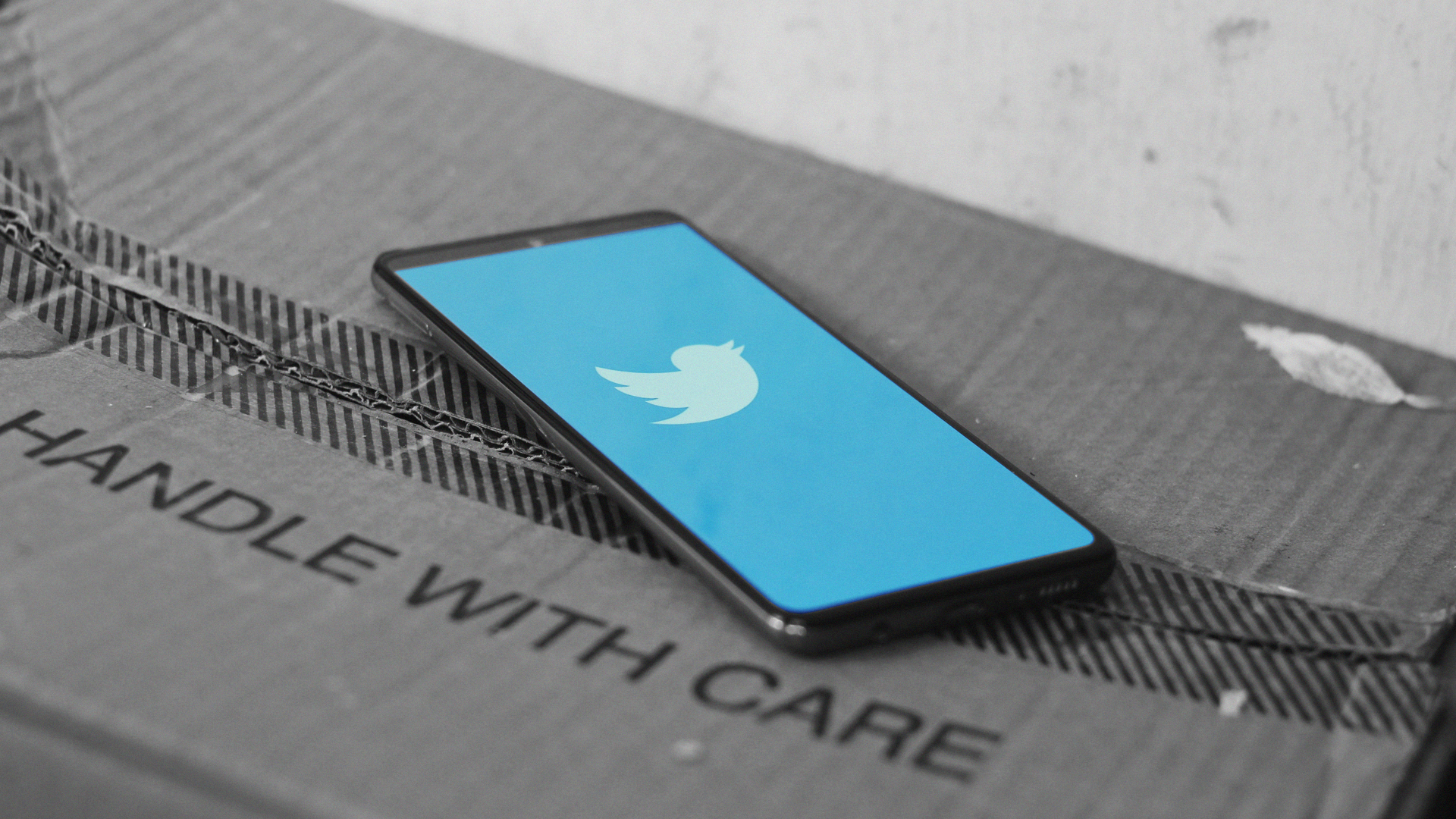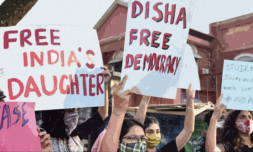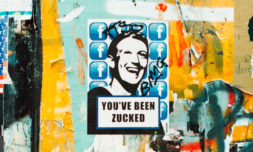India’s government has long sought to impose a nationwide bill enabling the review and removal of any social media content. With Facebook and YouTube said to be compliant, Twitter is pushing back in the name of free speech.
Rumblings of India’s ‘digital media law’ have finally come to fruition, and social media companies are caving at the prospect of losing the world’s second largest market.
President Narendra Modi has been brazenly open about his desire to crack down on online content his nationalist party deems anti-state or defamatory, and now we have an official deadline for big-tech to sign off on the bill.
Reports claim that Facebook and YouTube have already agreed to forgo their roles as chief content regulators within India’s borders, bringing to head a slew of privacy and human rights concerns.
This week, however, Twitter came forward and declared its staunch opposition against the notion of independent regulators. A company statement is now live underlining the social media giant’s commitment to the people of India and free speech.
🧵Twitter is deeply committed to the people of India. Our service has proven vital for the public conversation and a source of support for people during the pandemic. https://t.co/9oDbVM6IjM
To keep our service available, we will strive to comply with applicable law in India.
— Global Government Affairs (@GlobalAffairs) May 27, 2021
India’s grip on social media
You’re probably wondering exactly what Modi’s anti-democratic proposal actually looks like.
Under the new ruling – which social media companies permitted in India have a three-month deadline to accept – networking platforms will be forced to process government requests for content removal or risk opening local employees up to legal action. Failure to comply could result in a maximum of seven years’ imprisonment.
YouTube, Facebook, and Twitter are expected to hand over user information to law enforcement agencies within 72 hours of asking.
If these predominantly American based companies refuse to comply, they risk losing legal status as an intermediary, which would in essence mean any of their India based employees can be prosecuted for second-hand insurrection. Crazy, right?
In order to seal this ruthless tactic (blatant emotional blackmail), all social media apps with upwards of 5 million users must appoint ‘compliance officers’ who reside in India. These will become the would-be fall guys for any type of company revolt.




















